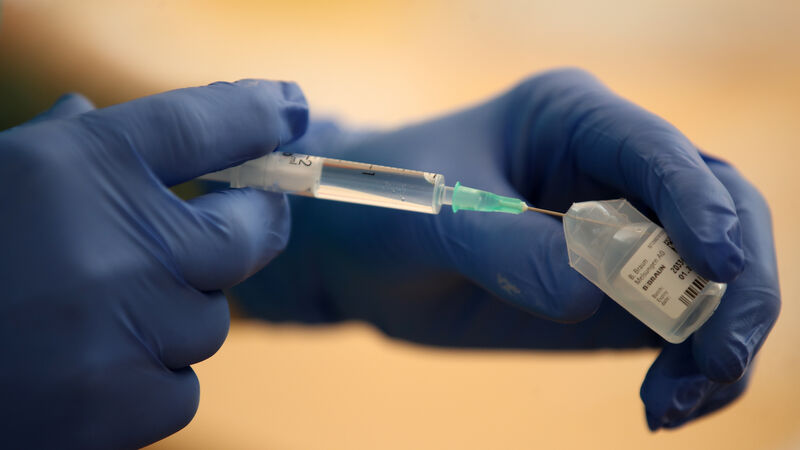'Vaccine nationalism' and 'hoarding' will slow down world's ability to recover from Covid-19

Dr Winnie Byanyima, the Executive Director of UNAIDS, said: "No one is safe until everyone is safe, and the economic cost is huge."
"The longer the virus is left to ravage developing countries, the longer people in rich countries will remain at risk," an Oireachtas committee heard today.
The Oireachtas Committee on Foreign Affairs heard from representatives from the United Nations and a Special Envoy on Covid-19 from the World Health Organization, who warned that "vaccine nationalism", "hoarding" and inability to share data will slow down the world's ability to recover from the pandemic.













